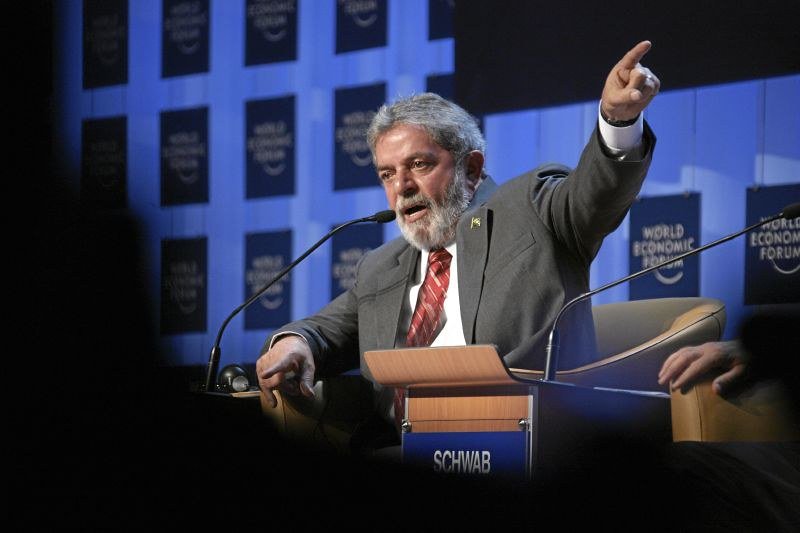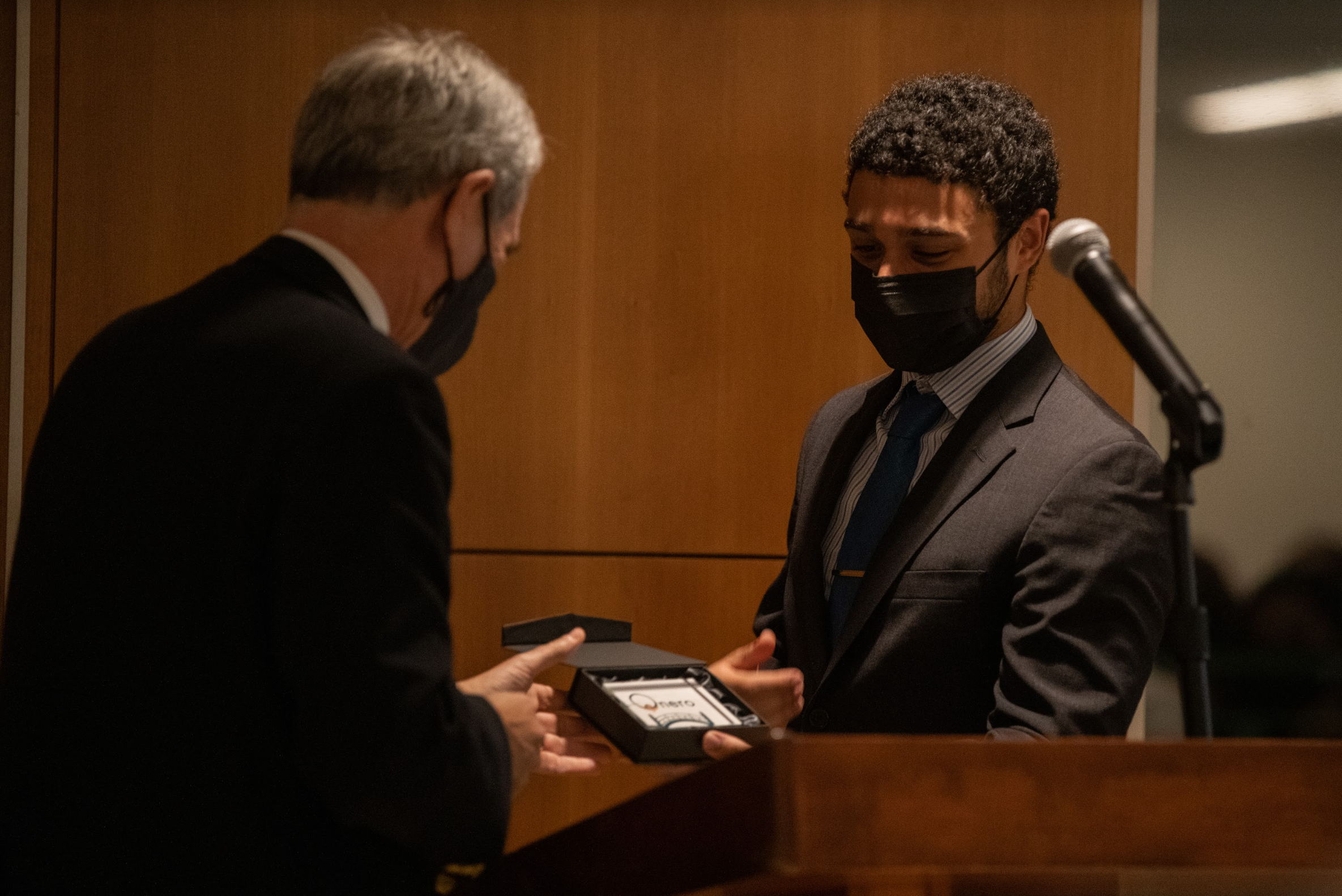
Research
Date Published
- April 2025
- March 2025
- February 2025
- January 2025
- December 2024
- November 2024
- October 2024
- September 2024
- August 2024
- July 2024
- June 2024
- March 2024
- February 2024
- October 2023
- March 2023
- February 2023
- January 2023
- November 2022
- October 2022
- January 2022
- November 2021
- October 2021
- August 2021
- July 2021
- March 2021
- September 2020
- August 2020
- July 2020
- February 2020
Filters to only view publications from a particular program:
The Impact of Rising Violence on Indigenous Communities and Indigenous Women in Colombia
Colombia has a long history of violence and conflict, including the well-known period called “La Violencia” between 1948 and 1957. Since then, international actors and the Colombian government have attempted to minimize the level of violence within the country, but fell short of making an effective change. Through the attempts these governments and organizations have made, including the 2016 Peace Deal between the government and the Revolutionary Armed Forces of Colombia (FARC), they have routinely mismanaged solutions and created more unrest and anger from the public and guerilla groups. In these situations of overwhelming violence, it is essential to recognize that Colombia’s marginalized communities have faced the worst impacts. Despite indigenous people having the right to their lands and to practice their traditions and culture as per the Constitution of 1991, they are still actively discriminated against in Colombia’s exclusive and traditional society. Not only do indigenous people face rampant discrimination in Colombia, but indigenous women are disproportionately impacted by the surges of violence and are ignored by most international communities and the local and federal governments.
2 Months (and a half) of Brazil’s new Foreign Policy
Over the past years, Jair Bolsonaro has made significant and controversial changes to Brazilian politics. However, in the 2022 election, Brazil pivoted towards a more established leader as Luis Inacio “Lula” da Silva, who had previously served as President, was elected. Given Lula's contrasting leadership style compared to Bolsonaro and his experience serving as President in two different decades, it is crucial to examine Brazil's foreign policy and consider how Lula's foreign policy will differ or align with previous trajectories.




